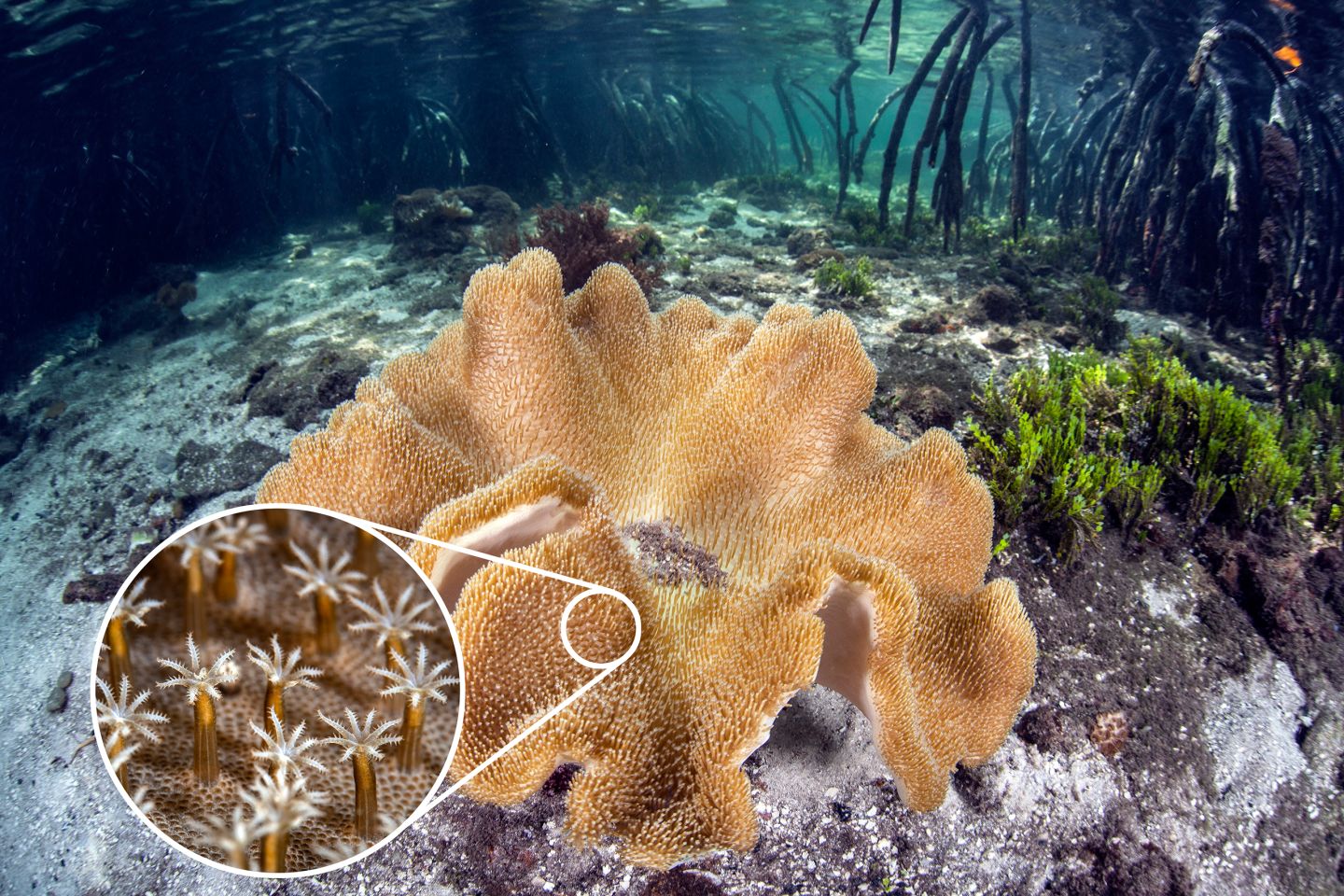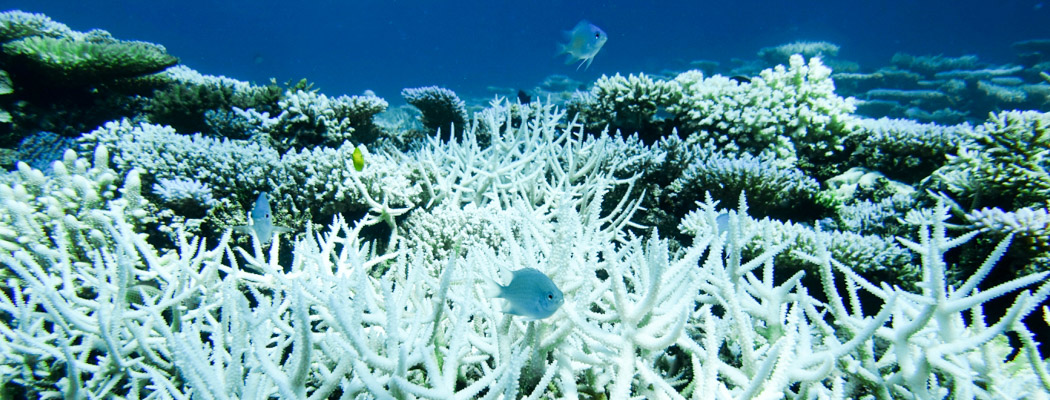Let that sink in for a second….. all of the coral reefs, including the Great Barrier Reef, which is the size of the entire east coast of the United States, could be gone within 30 years due to climate change.


That is a staggering fact. If you’d like some reference material for this information, here you go.
Last night I watched Chasing Coral, a documentary on Netflix, which I highly recommend everyone watches. I knew that climate change was effecting the oceans and the reefs, but I didn’t realize by how much. The documentary follows a research team as they attempt to capture coral bleaching on tape. The results of what they got is heartbreaking. You can literally see these amazing beautiful ecosystem die right before your eyes… and in the span of a month.
- 19% of the world’s coral reefs are already gone
- In 2016 alone, 29% of the Great Barrier Reef died from bleaching.
- 50% of reefs in the Caribbean are already gone.
- Coral communities typically take 15 to 25 years to recover from mass bleaching
According to a new UNESCO study, “Warming is projected to exceed the ability of reefs to survive within one to three decades for the majority of the World Heritage sites containing corals reefs.”
Maybe you’re a diver or a snorkeler, or maybe you’re not. Either way you cannot deny the beauty of this underwater world and the amazing intricacies of the social politics among the creatures that live there. It is a privilege to be able to float through the reefs and experience these wonders, and yet we are the ones responsible for their mass genocide.


As my fiancé and I sat on the couch and watched Chasing Coral, tentatively planning our next trip to Tulum Mexico and the actives we want to do there, we very quickly realized that we need to take this trip now. We want to go diving as one of our actives, and as we watched, it became alarmingly clear that this isn’t going to be an option for much longer.
The documentary brought me to tears seeing the coral die, and seeing a reef that was once busy and vibrant and a “Manhattan of the ocean” (as they put it), now barren and empty and void of life. The thought of loosing cities upon cities of a world that has not yet been fully explored or understood is unbearable.
The Global Impact of Losing Coral Reefs
While this is enough to motivate me to try to get involved and see what I can do to stop this from happening, if that’s not enough for you, then just imagine what the world would be like if we lost coral reefs.


Coral is so important to the oceans and the species that live there. Coral is a living creature that has a symbiotic relationship with other sea life, creating homes and protection as well as providing a major food sources.
- Nearly half the fish the world eats live in coral reefs. Without the reefs, these fish will die off. Fish will become a luxury item and starvation and poverty will ensue.
- From the components found in coral, scientists have already developed treatments for: asthma, arthritis and multiple types of cancers.
- Two drugs currently on the market for cancer and pain come from marine sources. Twenty-five more marine-derived medicines are being evaluated in human trials right now.
- Coral reefs protect coastal communities from flooding and erosion
- 93% of heat trapped in the earth’s atmosphere is absorbed by the ocean. Without our oceans, the average air temperature would be 122 degrees


How You Can Make A Difference
There are several resource available for those who want to make a change, and honestly, the things needed to make an impact aren’t that big or insurmountable. They are simple changes that every person can do every day will slight changes to their daily routine.
Here are some recommended ways to take action from Chasing Coral, which include spreading the word and increasing awareness about this epidemic.








